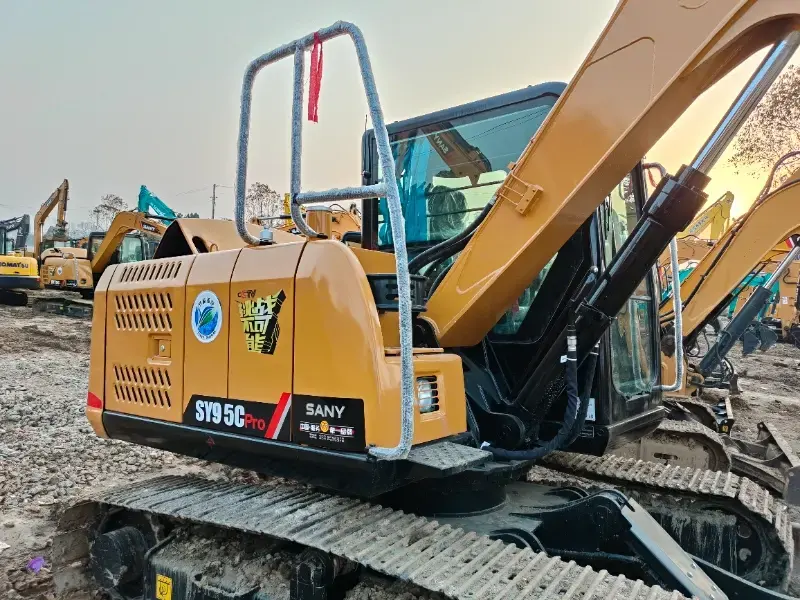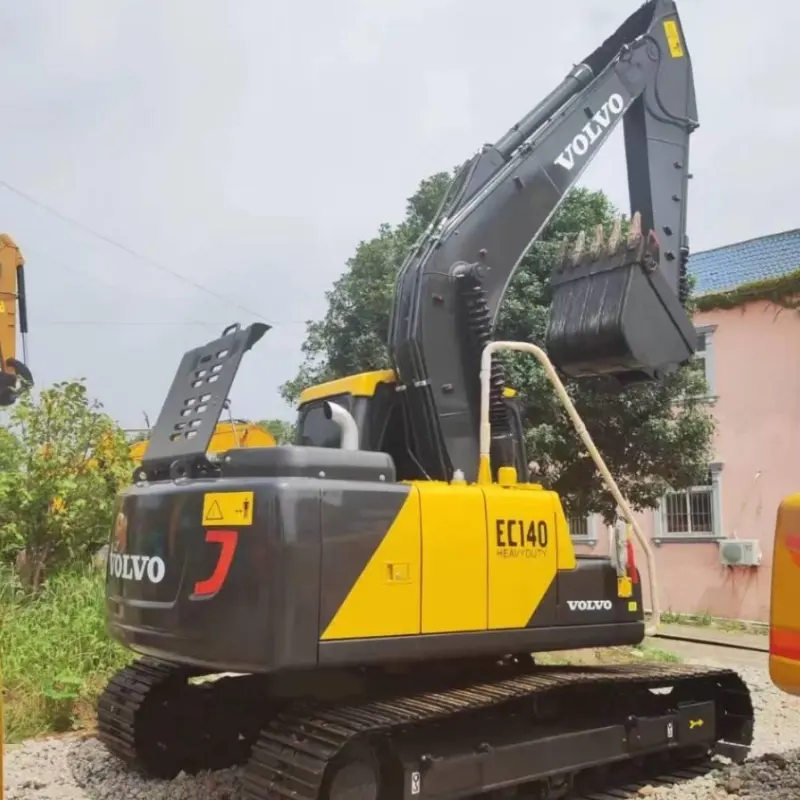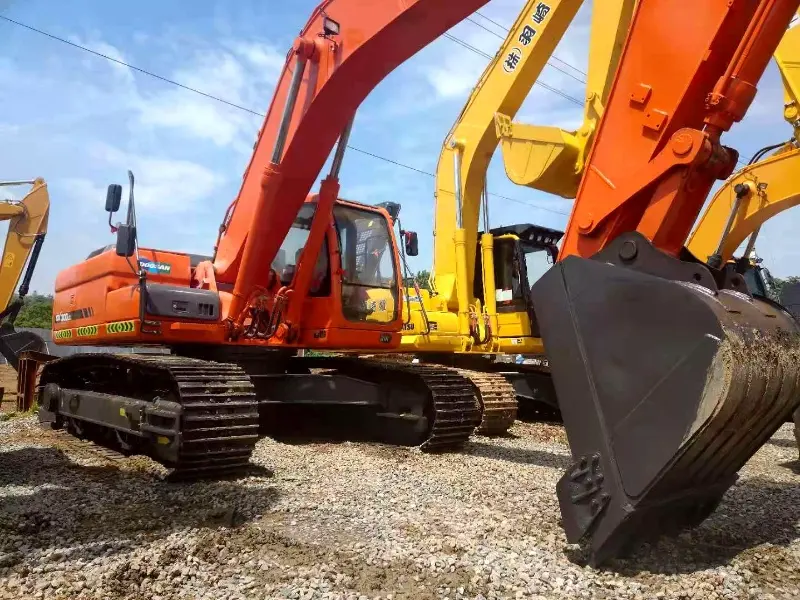Excavators are among the most versatile and powerful machines in the construction and excavation industry. Their ability to perform a wide range of tasks makes them invaluable on various projects. Whether you are digging a foundation, landscaping a large area, or conducting roadworks, excavators can significantly enhance productivity and efficiency. In this article, we will explore some ideal projects where excavators excel, ensuring your investment in this heavy machinery delivers maximum returns.
Table of Contents

1. Site Preparation and Grading
Laying the Groundwork
One of the primary uses of excavators is site preparation, which involves clearing and grading land before construction begins. This process includes:
Clearing Vegetation: Removing trees, shrubs, and debris from the site.
Grading and Leveling: Creating a flat surface to ensure proper drainage and building stability.
Excavators equipped with grading attachments can efficiently prepare sites for residential developments, commercial buildings, and infrastructure projects.
2. Foundation Excavation
Digging Deep
Excavators are essential for excavation tasks related to building foundations. They can dig deep trenches and holes required for:
Basements: Excavating for underground spaces in residential or commercial properties.
Footings: Creating the base for walls and structures to ensure stability and support.
Equipped with precise controls and various bucket sizes, excavators can navigate tight spaces while maintaining accuracy.
3. Landscaping Projects
Transforming Outdoor Spaces
Excavators play a significant role in landscaping projects, helping to reshape and enhance outdoor areas. Key landscaping tasks include:
Earthmoving: Moving large volumes of soil to create mounds, ponds, or terraces.
Planting Preparation: Digging holes for trees, plants, and shrubs.
Drainage Solutions: Installing drainage systems by trenching and grading land.
Their versatility allows for intricate designs, making them ideal for both residential gardens and large public parks.

4. Utility Installation and Repair
Infrastructure Development
The installation and maintenance of utilities like water, gas, and electricity often require extensive digging and trenching. Excavators are perfect for:
Trenching: Creating narrow, deep channels for pipelines and cables.
Backfilling: Covering utility lines with soil after installation.
With their precision and power, excavators can handle tough soils and rocky terrains, ensuring utilities are installed correctly and efficiently.
5. Road Construction and Maintenance
Building Transportation Networks
Excavators are crucial in both new road construction and maintenance projects. Their applications include:
Excavating for Roadbeds: Preparing the ground for asphalt or concrete surfaces.
Digging Ditches: Creating drainage ditches to prevent flooding and erosion along roadways.
They can move large amounts of earth quickly, facilitating timely project completion.
6. Demolition Projects
Taking Down Structures
When it comes to demolition, excavators are indispensable. They provide the strength and reach needed for demolishing buildings and other structures. Typical tasks involve:
Breaking Down Walls: Using specialized attachments like hydraulic hammers or shears.
Clearing Debris: Removing rubble and other materials post-demolition.
Excavators allow for controlled demolition, minimizing risks to surrounding structures and enhancing safety.

7. Mining and Quarrying
Heavy-Duty Operations
In the mining and quarrying sectors, excavators are used for extracting minerals and materials from the earth. Their functions include:
Material Extraction: Digging and loading materials like coal, gravel, and stone.
Stockpiling: Moving extracted materials to designated areas for processing or transport.
With heavy-duty versions available, excavators are suited to handle the rigorous demands of these industries.
8. Environmental Cleanup
Restoring Landscapes
Excavators also play a significant role in environmental remediation projects, such as contaminated site cleanup. Their capabilities include:
Excavating Contaminated Soil: Removing soil that has been polluted to prevent further contamination.
Restoration Projects: Reshaping land for ecological restoration, including wetlands and habitats.
Their precise operation helps minimize disruption to surrounding areas, making them ideal for sensitive environmental tasks.
Conclusion
Excavators are incredibly versatile machines that are essential across a multitude of projects. From site preparation and foundation excavation to landscaping and utility installation, they deliver efficiency and power, enhancing the overall productivity of any job site. By understanding the ideal applications for excavators, construction professionals can maximize their potential and ensure successful project outcomes. Investing in an excavator is not just about acquiring a piece of equipment; it’s about enhancing your operational capabilities and meeting the diverse needs of your projects effectively.
